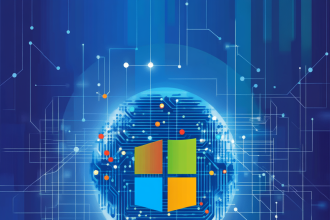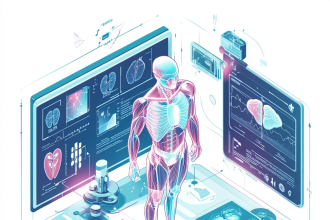As reported Digit News, by AI adoption among UK healthcare providers jumped from 47% in 2024 to 94% in 2025, according to a global survey of 1,750 IT professionals by SOTI.
More than half of those using AI now apply it directly in clinical workflows—52% for diagnostics and 57% for personalized treatment planning. Stefan Spendrup, VP of Sales for Northern and Western Europe at SOTI, noted, “AI-driven insights will empower healthcare organisations to improve patient outcomes and the way care is delivered.”
Despite near-universal use of IoT and telehealth solutions (99%), UK IT leaders report that 73% rely on unintegrated, outdated systems for connected devices—well above the 65% global average. This fragmentation hampers access to real‑time patient data and fuels frequent downtime, with 64% of respondents citing regular outages and 43% warning that legacy infrastructure opens networks to cyberattacks.

Source: freepik.com.
Reliance on antiquated platforms also undermines device management. Nearly half (47%) of IT staff struggle to deploy and configure new equipment, while 53% cannot support devices remotely or retrieve detailed diagnostics. Meanwhile, 41% spend excessive time troubleshooting basic issues—stretching already-thin IT teams and leaving healthcare organizations exposed.
Alarmingly, the report notes a decline in IT teams identifying data security as a top concern, even as data breaches rise. The juxtaposition of surging AI investments and complacency around legacy vulnerabilities underscores an urgent need for UK healthcare providers to modernize both their innovation strategies and foundational IT defenses. Maintaining patient safety now hinges not only on cutting-edge AI but on robust, integrated cybersecurity practices.





